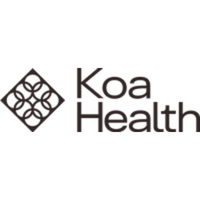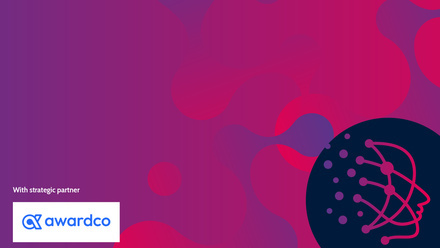How data can help identify risk factors in your workforce

However, with access to relevant data, companies can be proactive, sometimes referred to as prevention by design. By anticipating potential risks and providing teams with the tools they need to be prepared and protected, workplaces can better support their staff’s physical and mental wellbeing. They can also help ensure risk factors don’t develop into fully fledged problems that endanger productivity and engagement. But to do this successfully, organisations need workers’ cooperation.
How can companies ensure employees are comfortable sharing their data?
Encouraging employees to freely share their data may be less challenging than employers imagine. According to Accenture's Decoding Organizational DNA survey of more than 10,000 workers across skill levels, generations and industries, 92% of employees are willing to let their employers collect and use their data in exchange for an improvement in their productivity, wellbeing or other benefits.
Of course, to maintain the trust employees extend by sharing personal data, employers also need to demonstrate that they’re committed to protecting employee privacy and dignity. This is especially important as companies amass a greater volume and wider scope of employee data from a range of sources – collaboration platforms, health checks, engagement surveys, digital mental health support and more.
What can companies do to ensure that technology (and data collection) benefit employees and reduce risk?
While every workplace has different risks and requirements, there are a few key steps organisations can take to ensure that they’re making the most of the data they acquire.
1. Make gathering and analysing your data easy
Fortunately, having the correct technology in place makes gathering and analysing large quantities of data (while still protecting privacy) much more manageable. Apps and dashboards can make compiling and acting on data easier than ever.
2. Only collect what you need
Just because it's easy to collect lots of data doesn’t mean you should. It's easy to fall into the trap of doing so, just in case it might eventually prove relevant. However, companies should only collect what they know they need to offer employees the support they need. Collecting data because it might be useful for future features is the thin end of the wedge of allowing a company to collect everything.
3. Update your policies to ensure ethical data use
To ensure your employees trust your organisation to handle their private information, update internal norms for acceptable data use to include current legal, regulatory and ethical considerations to protect the interests of both workplaces and workers. This also means carefully evaluating how current and potential benefits providers handle employee data. Compliance with the law (for example HIPAA and GDPR) should be seen as just the starting point.
4. Give your employees reassurance, but also control
Make sure people know how their data is being used and what happens to it. Clearly communicate how the information they’re sharing is benefiting them individually and the company as a whole. Whenever possible, give them a degree of access to and control of their own data, with an opt-out where possible. For example, at Koa, our employees, who all have access to our science-based wellbeing app Foundations, can opt out of us collecting analytics data at any time. They also have continuous access to the platforms we use for feedback and can download their reviews from managers and coworkers whenever they like.
5. Use data to support people, not label them
By using new technologies and resulting data responsibly, companies can support and protect their people from potential risks like poor mental health and wellbeing, which have been shown to damage productivity and engagement. Using technology to assign workers a label or a category, however, is an invasion of their privacy and can be damaging to their dignity. This is why, ideally, your tech has policies, artificial intelligence and algorithms to keep employees’ private information private.
Keeping data anonymised means employers get valuable insights into their employee populations as a whole and employees can access the support they need and feel secure that their information isn’t affecting how they’re evaluated at work.
This article is provided by Koa Health.
The author is Oliver Smith, strategy director & head of ethics at Koa Health.
Supplied by REBA Associate Member, Koa Health
At Koa Health, we believe digital mental health solutions are the answer to mental health issues.







